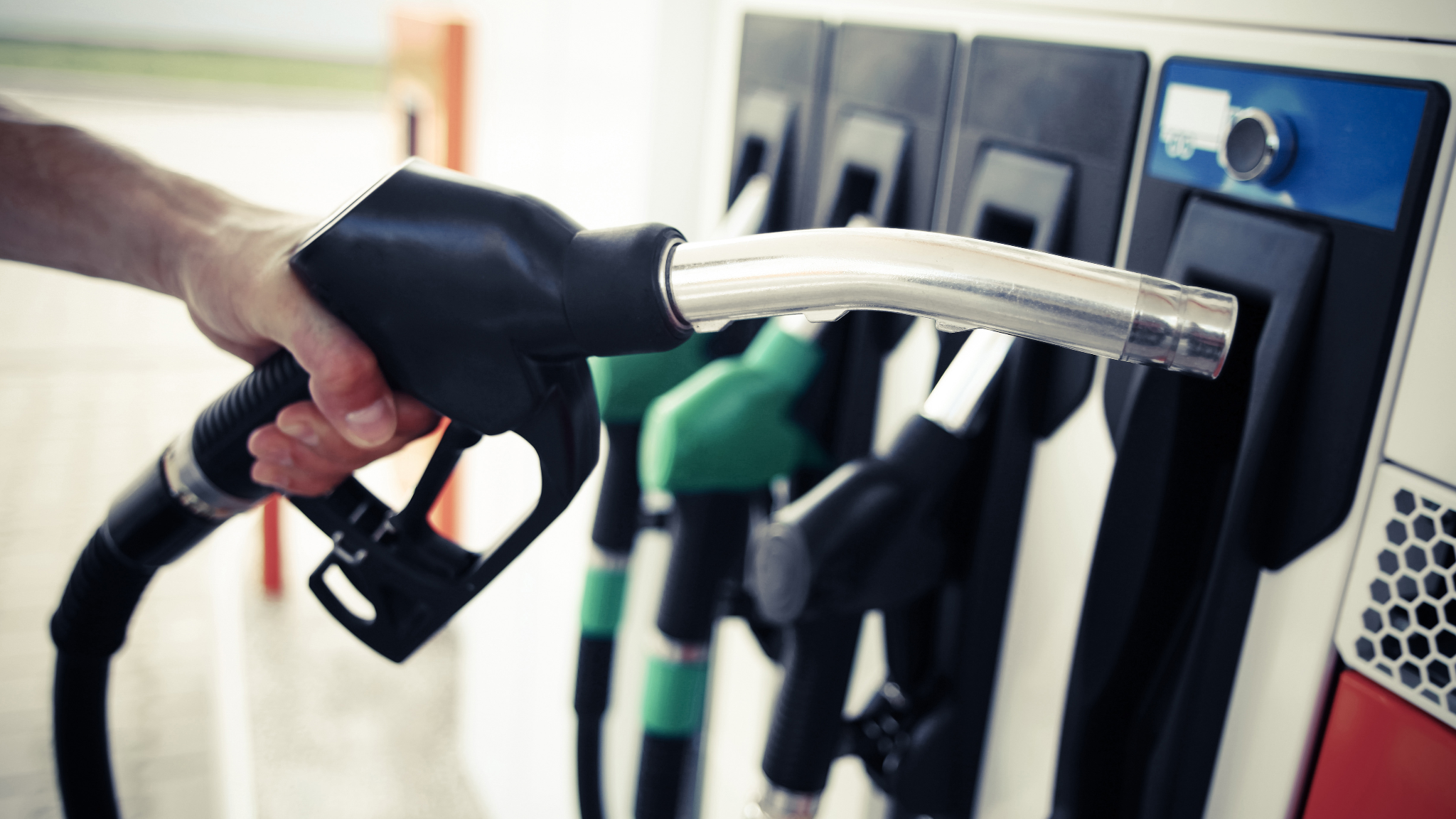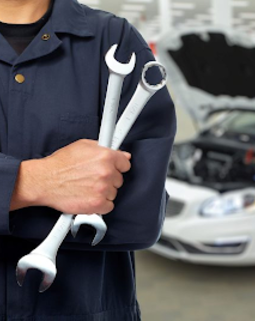Fuel is a significant household expense in Tanzania, with motorists spending over €1,500 annually on average. Fortunately, simple and effective actions can help reduce your car’s fuel consumption, saving money and making your journeys more eco-friendly.
Drive Smoothly
Smooth driving helps moderate acceleration and anticipate slowdowns, reducing jerks and maintaining a constant pace. Avoid sudden accelerations and abrupt braking to save 20-40% on fuel.
Anticipate Braking
Sudden braking leads to unnecessary fuel consumption. Stay focused on driving and keep your eyes on the road to anticipate stops and brake gently, saving both fuel and money.
Shut Off the Engine When Stationary
Idling wastes fuel. If you’re stopped for more than 10 seconds (e.g., at a red light), turn off the engine. Modern cars, especially those with the "Start and Go" function, handle frequent stops well without impacting performance.
Use Air Conditioning Sparingly
Air conditioning increases fuel consumption by up to 20%, adding more than a liter of fuel every 100 kilometers. Use it sparingly and consider opening windows at low speeds or using your car’s direct ventilation as alternatives.
Monitor Loading
An overloaded vehicle consumes more fuel. Avoid carrying unnecessary items that add weight and reduce aerodynamics, increasing fuel consumption by 10-15%.
Maintain Your Vehicle
Regular maintenance, such as cleaning the air filter, replacing spark plugs, and changing the oil, can reduce fuel consumption by at least 20%. Ensure your vehicle is in optimal condition to save fuel.
Reduce Speed
Driving at 120 km/h instead of 130 km/h on highways can save a liter of fuel every 100 kilometers. Lower speeds on smaller roads can save up to 20% on fuel.
Limit Short Trips
Short trips increase fuel consumption as the engine doesn’t reach its optimal temperature. Combine short trips into one longer journey to save fuel and time.
Park in the Shade
Parking in direct sunlight heats the car, leading to increased air conditioning use and fuel consumption. Park in the shade to reduce fuel evaporation and overconsumption.
Check Tire Pressure
Underinflated tires wear out faster and increase fuel consumption by 2.5-5%. Check tire pressure monthly or after every 500 kilometers and add 0.2-0.3 bar for long journeys.
Use Driving Aids
Modern vehicles come with driving aids like on-board computers and cruise control, which help monitor and reduce fuel consumption by maintaining a constant speed.
Use Geco Air App
The Geco Air mobile app helps motorists adopt economical and ecological driving habits, guiding smoother driving and stable speeds. It’s free to download and can reduce fuel consumption by 10-15%.
Change Gears Early
Shift to higher gears as soon as possible when accelerating. Driving at low revs in higher gears reduces fuel consumption. Avoid sudden acceleration and shift gears promptly.
Carpool
Carpooling optimizes fuel consumption by sharing costs among passengers, reducing individual expenses even for short trips.
Drive with Windows Closed
Open windows reduce aerodynamics and increase fuel consumption by 5% on highways. Keep windows closed to save fuel.





